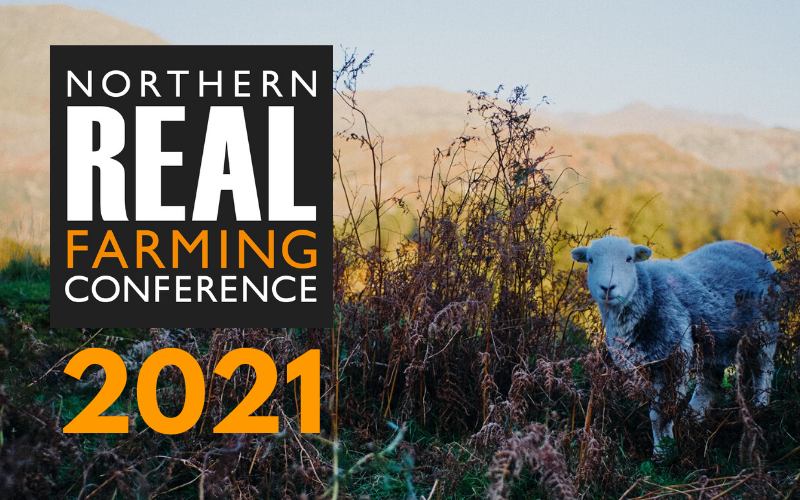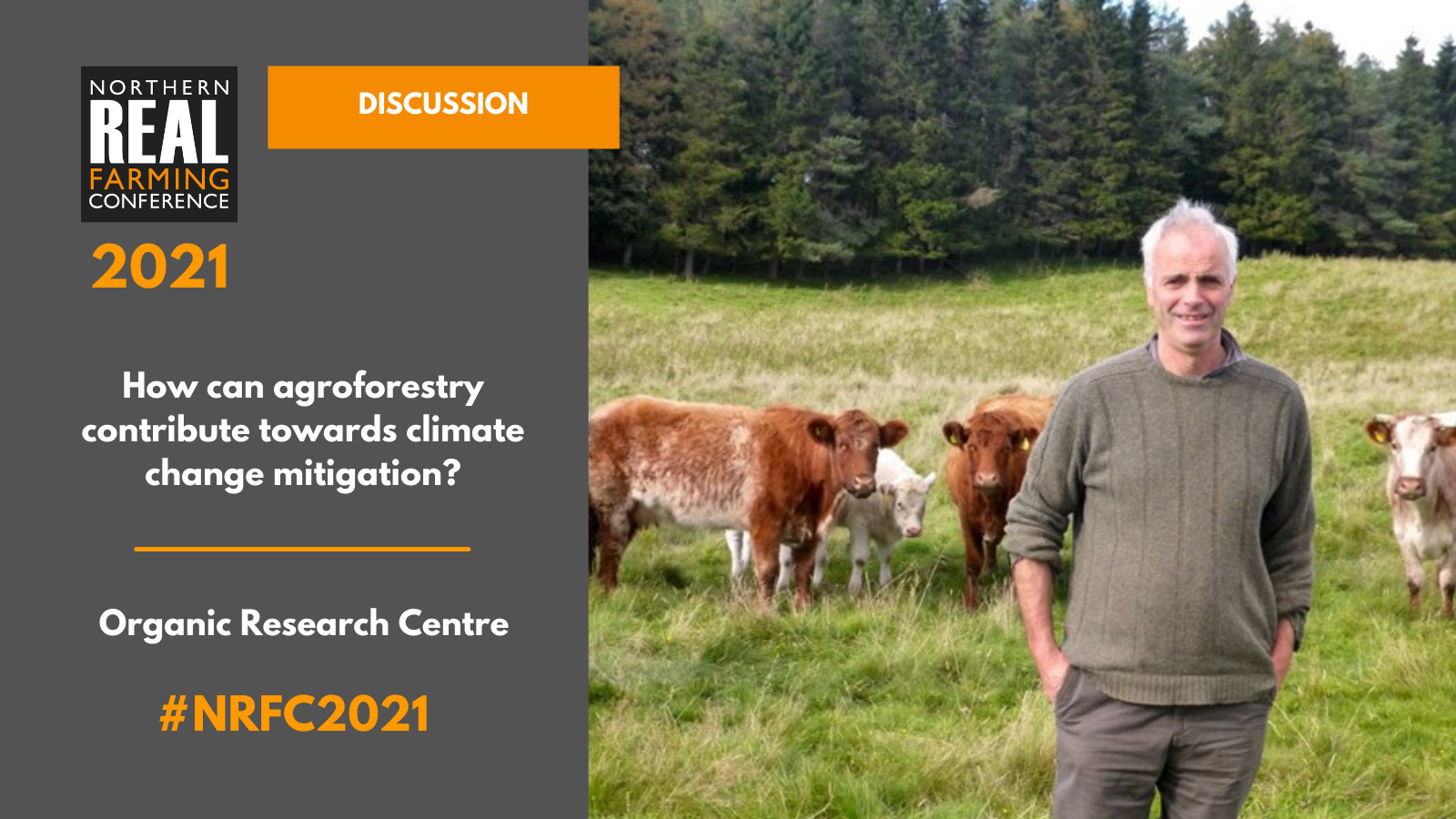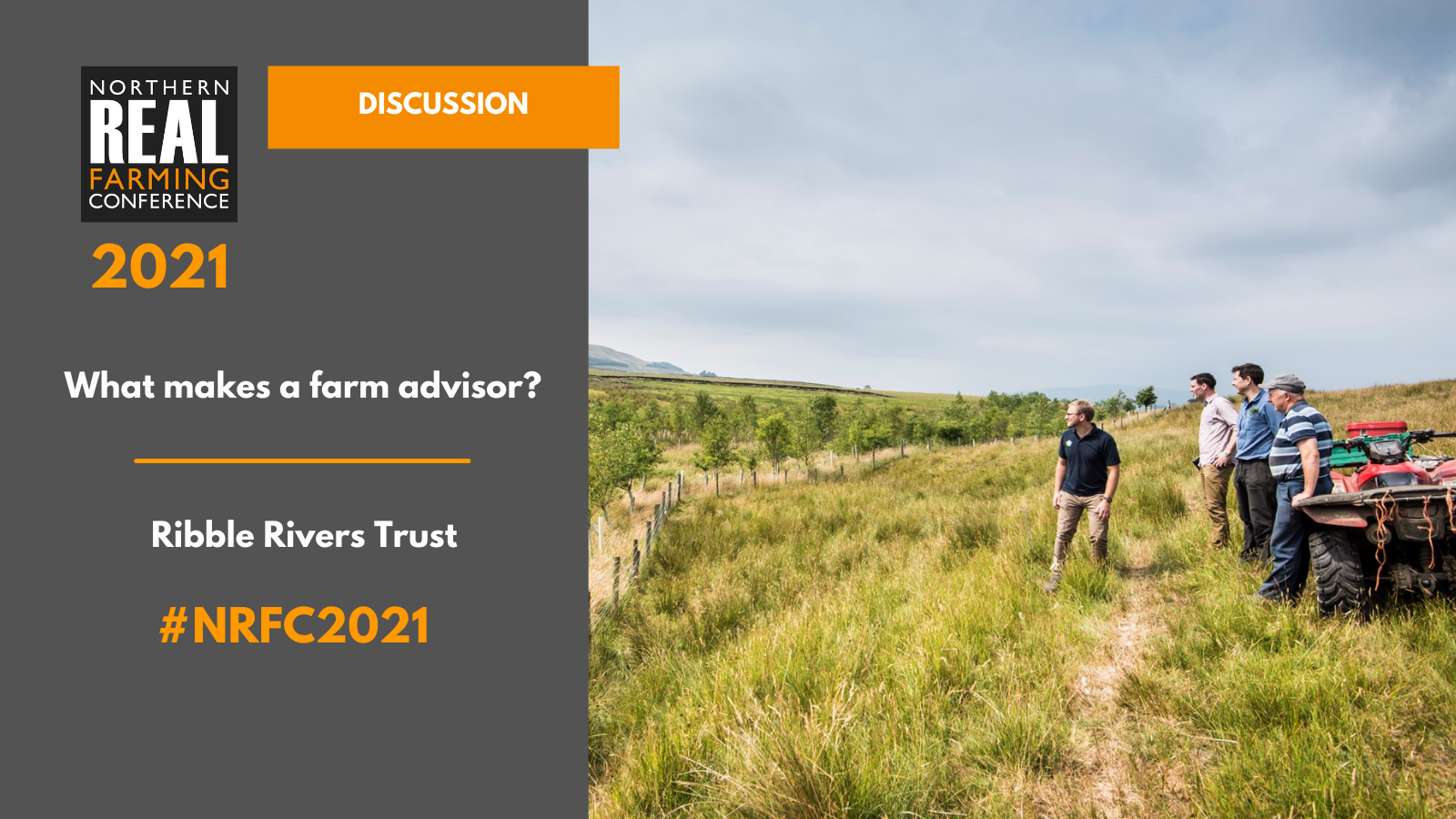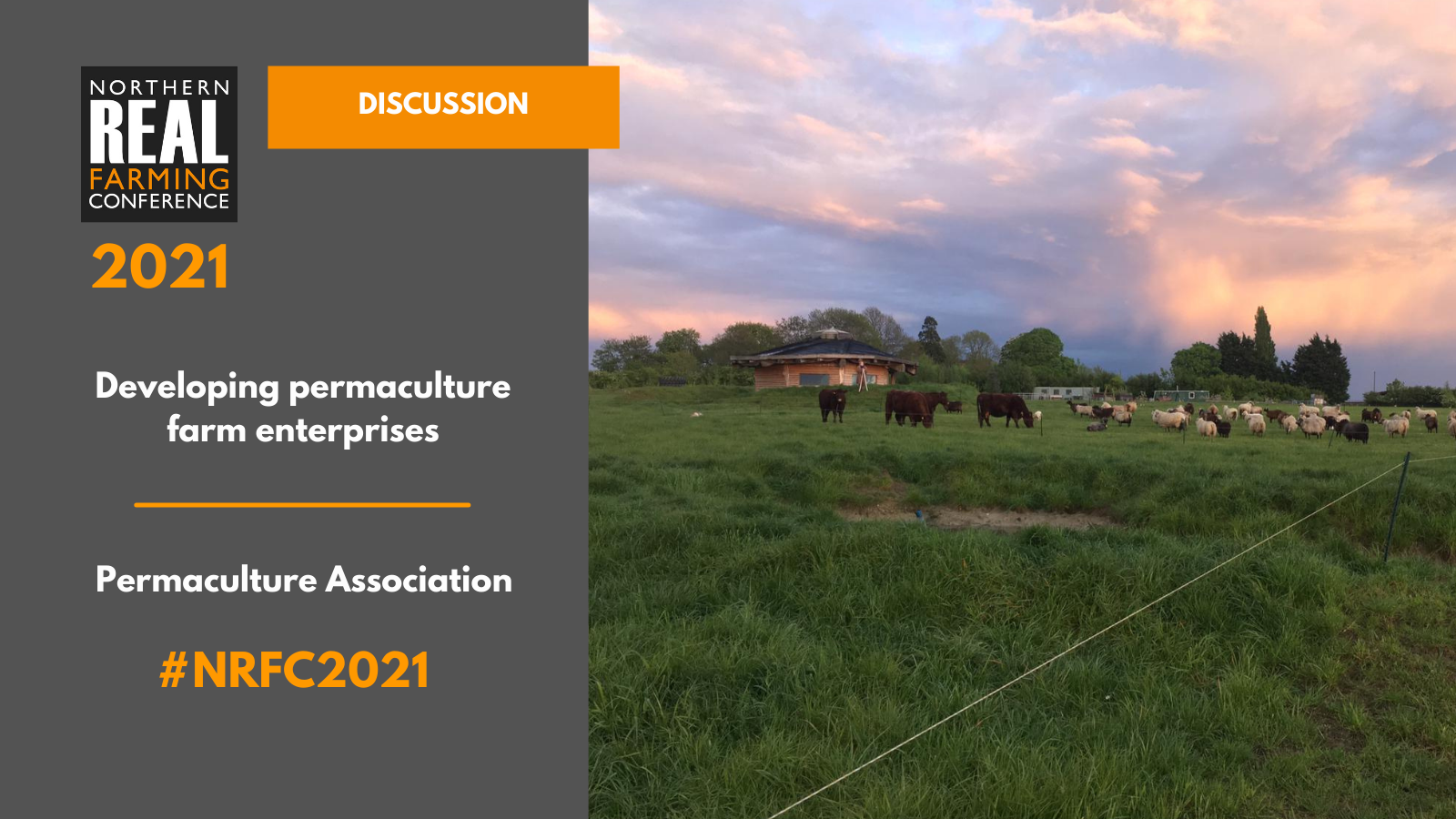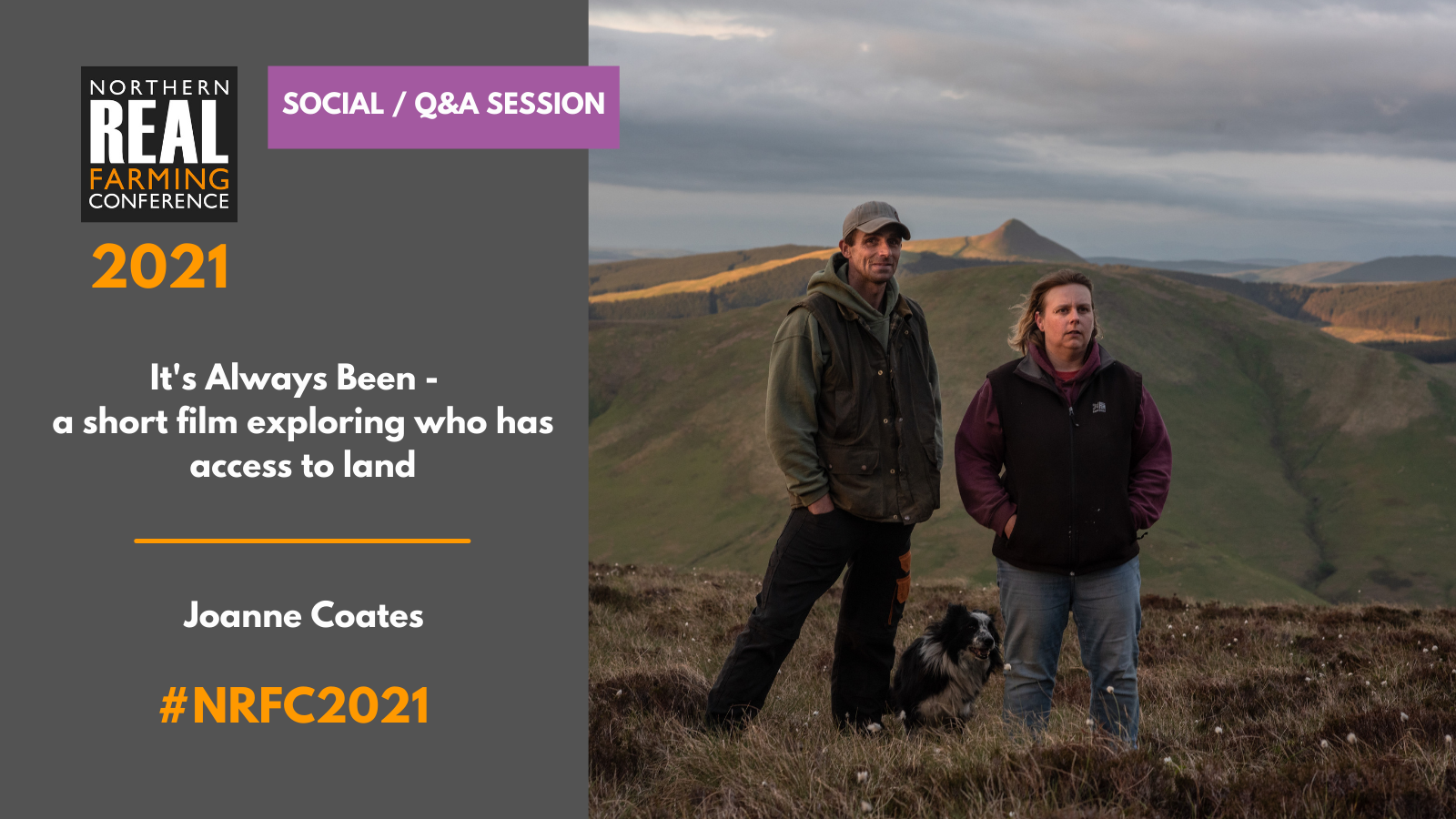Hosted by Growing Well and Low Sizergh Farm
Growing Well Kendal and Low Sizergh Farm are both based from the Sizergh Estate in Kendal.
Growing Well Kendal is a mental health charity, training centre and the biggest producer of organic vegetables in Cumbria. Between Monday and Thursday every week Growing Well open their doors to members of the community who have been referred via their GP due to their mental health to learn how to grow, sew, hoe and much more to provide veg boxes for the local community ‘crop share’ with a friendly team of volunteers at hand. The lead growers at the site will be able to walk you around the 8-year crop rotation on site and talk you through why organic practices are so important to them and the amazing progress they have made in the past few years.
Low Sizergh Farm is a working farm still run by three generations of the family. Alison can be found running the farm shop, gift gallery and café, whilst her brother Richard (who will be leading the tour) runs the farm with his son Matthew. John jokes that he’s now the farm boy sent to run all the errands and Marjorie spends as much time as possible painting in her shed. More than 50 local people are employed with Paul Seward working on the farm for nearly 30 years. They do everything with the future in mind, looking after the soil, the landscape and wildlife whilst being part of a vibrant rural economy. Their main crop is the grass that the cows eat all year round which helps them produce milk that they sell in the shop vending machine, the organic milk suppliers cooperative OMSCO and a local cheese and ice cream maker.
A point of interest would be how the farm started out as organic, changed to non-organic practices then back to organic for an array of reasons you’ll be able to discover on the tour.
You will need to book places on this walk separately. More information will be sent to all ticket-holders. There is additional information about Low Sizergh Farm below.
Low Sizergh Farm is a working farm still run by three generations of the Park family. They do everything with the future in mind, looking after the soil, the landscape and wildlife whilst being part of a vibrant rural economy.
Milk is sold through a vending machine outside the farm shop, the organic milk suppliers cooperative OMSCO and to a local cheese and ice cream maker.
Cows Youngstock: 168 Holstein x Swedish Red x Montbeliarde 109 Young
stock, cross breeding for 20 years with a strong emphasis on healthy cows and milk from forage.
Autumn block calved over 12 weeks
Grassland management:
All grazing is rotational, dairy cow platform split into 33 paddocks 1.45 HA 12-hour breaks, YS moved daily fields splitusing electric fences, front and back, with mobile water troughs. Sheep moved weekly.
Dry cows are mob grazed over parkland and permanent pasture.
Re seeding cow grazing with simple herbal ley ryegrass white & red clover chicory & plantain. Silage ryegrass red clover chicory and plantain. still experimenting to find the best mix, 4 cuts of silage and round bales from surplus grass on grazing area.
Arable: Spring barley and peas for whole crop on a 4-year rotation over the silage area
Conservation work:
- Traditional hedge management
- Re-planting of orchards with local varieties of apple, damson, plum
- Creation of pond
- Fencing off less useful grassland for wildlife habitat farm trail
- HLS scheme ends Jan 22 considering the options
A point of interest would be how the farm started out as organic, changed to non-organic practices then back to organic after trainings in Holistic management and farm scale permaculture see how these practices have been incorporated in the farms management on the tour.

